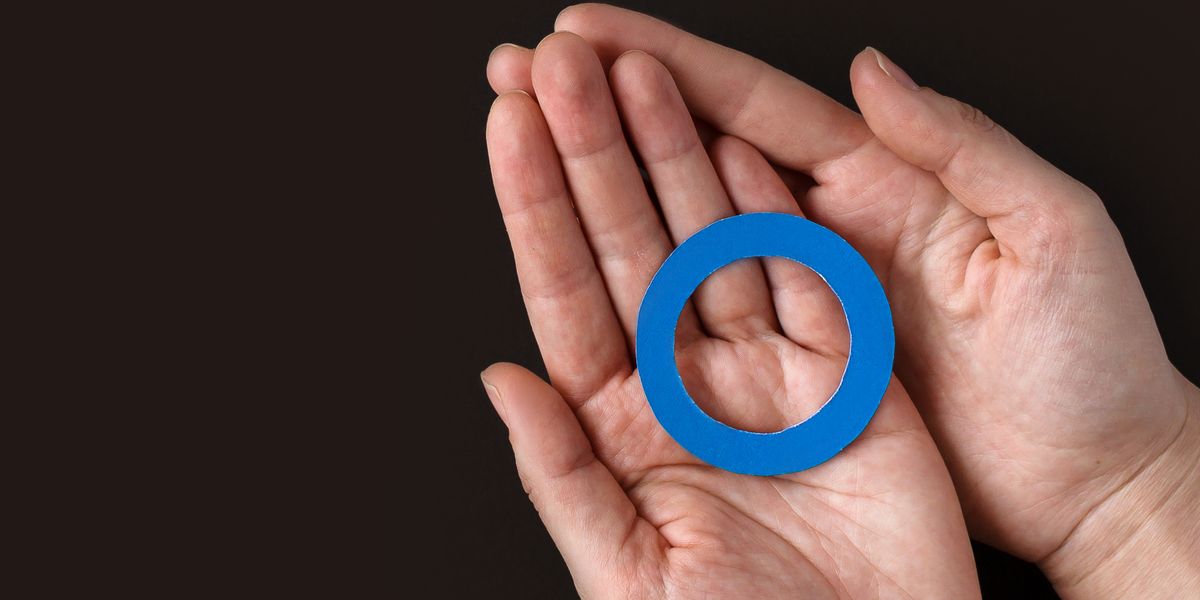There is scepticism within the medical community regarding the paleolithic ketogenic diet. Some scientists aren’t convinced that replacing insulin treatment with a diet is responsible, yet alone an effective treatment.
Hungarian physician Dr Csaba Tóth says he has been ostracised as a result of his findings. While the paleo keto diet has been shown to have the potential to stop the autoimmune process in new-onset type 1 diabetes, he describes his peers as “sceptical” and “very distant”.
“The main reason for this [distance] is that stating that a diabetic can have a long life without insulin and that this disease could be reversed goes against today’s medicine,” Tóth said.
“But mostly they don’t even know about this opportunity. If a patient with type 1 diabetes wants to use the paleolithic ketogenic diet and seeks help from a diabetologist he will be refused because the diabetologist doesn’t know how and whether the diet works.
Tóth remains optimistic that clinical consensus regarding the paleo keto diet change, especially when further results are published and patients continue to demonstrate improved health outcomes.
- Read more about the medical reaction to the paleo keto diet






